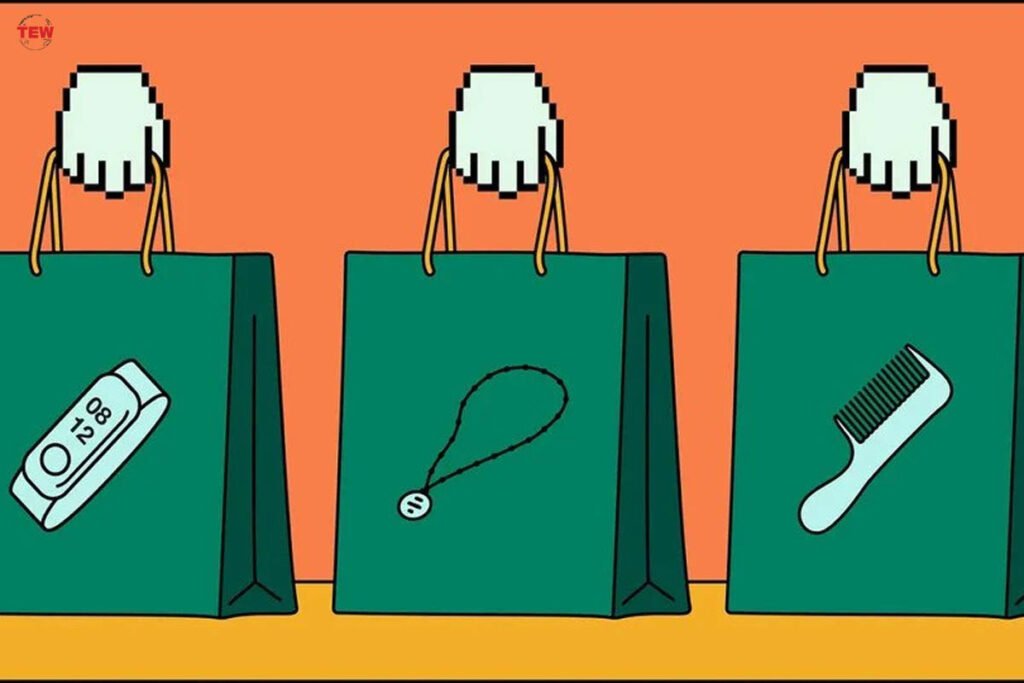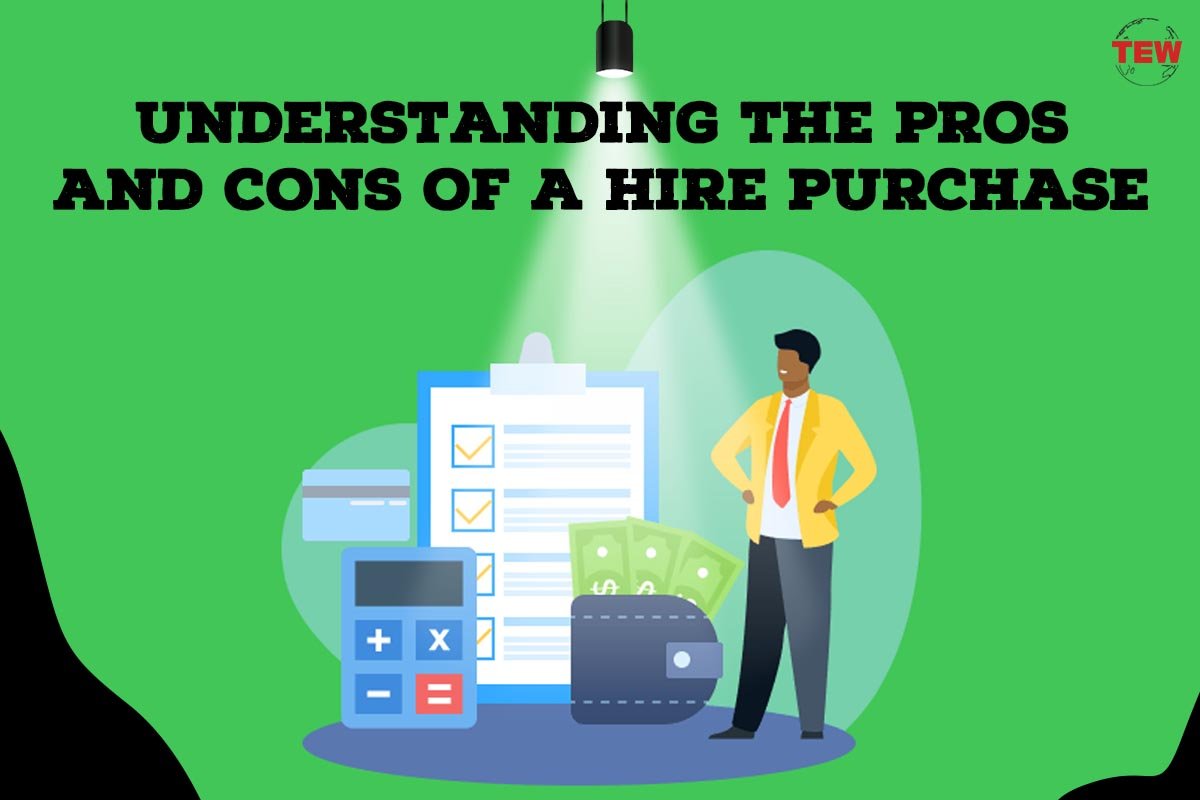If you’re looking to get a business loan, a hire purchase might seem a very promising option. You can get almost anything and everything without having to pay in one go. However, in some cases, this mode of purchase could also mean a bad deal. You might end up paying much more than necessary .So Let’s Discuss About The Pros And Cons Of A Hire Purchase below.
So in this post, we’ll understand the concept of a Pros And Cons Of A Hire Purchase in detail. We’ll explore its main features, Pros And Cons Of A Hire Purchase to help you make an informed decision about your next purchase!
What Is A Hire Purchase?
A hire purchase is a type of financing plan or buying arrangement, where you pay 10% – 20% of the total price of a product as a deposit or down payment. You then pay the remaining amount over a set period of time, which could range from months to years.
Generally, a large initial deposit means low monthly payments and a small initial deposit means higher monthly payments. Similarly, if you opt for a long-term hire purchase agreement, your monthly payments will be lower as compared to short-term agreements.
Note that hire purchase plans are usually offered for high-ticket products like cars, furniture, and home appliances. Hence, a short-term plan usually refers to an agreement stretching over 1-3 years, while long-term plans stretch over 5-7 years.
Lets Dive In Into The Pros And Cons Of A Hire Purchase;
Main Features Of A Hire Purchase

A hire purchase is often confused with installments and rent-to-own (RTO) plans. Hence, below we’ve listed some distinguishing features of this payment model to help you have a clear understanding on the Pros And Cons Of A Hire Purchase (you can learn more in Westpac’s car lease vs hire purchase guide).
1. Ownership
In a hire purchase agreement, the buyer does not get complete ownership of the loaned product until they pay the full amount. In other financing plans like RTO or installment plans, the buyer gets complete ownership of the asset immediately.
2. Interest Rate
With a hire purchase plan, the interest rate is typically calculated on the amount borrowed and can range from 5% to 15% depending on the lender and the creditworthiness of the buyer. It’s also usually fixed.
Installment plans are more or less the same, but the interest rate may vary. And when it comes to RTO plans, the interest rate mainly depends on the type of good rented and can be as high as 200 percent.
3. Eligibility Criteria
Hire purchase plans have stricter requirements than RTO and installment plans. RTO typically requires no credit check, and installment plans require a moderately good credit score. On the contrary, a hire purchase requires a high credit score and a more thorough credit check.
Pros Of A Hire Purchase ;
There are three important pros of a hire purchase:
1. Easy access to goods:

The most prominent benefit of a hire purchase is that it allows individuals to purchase expensive goods that they may not be able to afford otherwise. This is particularly beneficial for those who need essential items such as a car or home appliance.
2. Fixed payments:
With a hire purchase, you know the exact amount that you will pay each month, which makes budgeting easier. This is super helpful for those who have limited income or who need to plan their finances carefully.
3. No need for a large upfront payment:
As mentioned earlier, a hire purchase does not require a large upfront payment. This is beneficial for those who do not have a significant amount of savings or who do not want to deplete their savings.
Cons Of A Hire Purchase ;
At the same time, it’s important to keep in mind the following cons of a hire purchase:
1. High overall cost:
The biggest drawback of a hire purchase is that it can be more expensive overall. A high interest is charged on the borrowed amount, which significantly increases the total cost of the goods. For example, a $10,000 car purchased on a hire purchase with a 10% interest rate over five years will end up costing $12,837.
2. Limited ownership:
Until the final payment is made, the buyer does not have full ownership of the goods. This means you cannot sell or dispose of the goods until ownership is transferred.
3. Risk of repossession:
If the buyer misses a payment, the seller has the right to repossess the asset. This is a significant drawback for those who rely on goods for their daily life, such as a car or refrigerator.
When Is A Hire Purchase A Bad Idea?
Here are some situations where a hire purchase may not be a good idea for you:

- You cannot afford the monthly payments.
- You are not sure if you want to keep the asset long-term.
- You are already in debt and cannot take on additional debt payments.
- You are buying an asset that may lose value quickly, such as a gadget.
- The interest rate is too high, making the total cost of the asset way higher than buying it outright.
The Takeaway
When it comes to the pros of a hire purchase, you can buy expensive items without depleting your savings and the payments will be fixed to help you budget easily.
At the same time, the cost of the asset can sometimes go unreasonably high, you don’t get full ownership, and there’s always a risk of repossession.
We hope these pros and cons will help you make an informed decision about your next purchase. Good luck!
Above Discussed are Pros And Cons Of A Hire Purchase . Read More About Hire a Product Listing Expert




